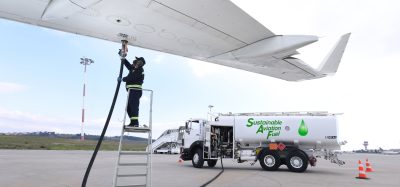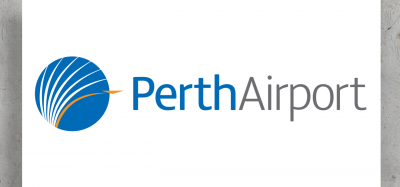Industry alliance set to increase supply of sustainable aviation fuel
- Like
- Digg
- Del
- Tumblr
- VKontakte
- Buffer
- Love This
- Odnoklassniki
- Meneame
- Blogger
- Amazon
- Yahoo Mail
- Gmail
- AOL
- Newsvine
- HackerNews
- Evernote
- MySpace
- Mail.ru
- Viadeo
- Line
- Comments
- Yummly
- SMS
- Viber
- Telegram
- Subscribe
- Skype
- Facebook Messenger
- Kakao
- LiveJournal
- Yammer
- Edgar
- Fintel
- Mix
- Instapaper
- Copy Link
Posted: 28 May 2021 | International Airport Review | No comments yet
Compared with conventional jet fuel derived from fossil fuels, SAF has the potential to cut lifecycle emissions from aviation by up to 80 per cent. However, today it represents less than 0.1 per cent of aviation fuel used and is produced using one technology type.


Shell Aviation and American Express Global Business Travel (GBT) announce that they will collaborate on an alliance for making sustainable aviation fuel (SAF) available. The parties will design a model aimed at increasing the supply and use of SAF and accelerating the aviation industry’s pathway towards net-zero emissions (NZE).
This collaboration combines the buying power of airlines and GBT’s corporate business travel customers at scale to drive a step-change in production and usage of SAF. This, in turn, would enable airlines and corporations to make progress towards long-term emissions targets.
For many companies, a return to flying for essential business travel is a crucial driver of economic growth. However, options to reduce air travel emissions, in line with wider net-zero emissions targets, are currently limited. Lower or zero-carbon technologies such as hydrogen and electric flight are unlikely to impact at scale until mid-century. This leaves SAF as the only viable, in-sector, option for reducing emissions in the short to medium-term. SAF can be made from a variety of feedstocks and a number of different technology pathways. Compared with conventional jet fuel derived from fossil fuels, SAF has the potential to cut lifecycle emissions from aviation by up to 80 per cent1. However, today it represents less than 0.1 per cent of aviation fuel used and is produced using one technology type2.
Anna Mascolo, President of Shell Aviation, said: “We want to help decarbonise the aviation sector and believe this collaboration could deliver new solutions for our customers to reach net-zero emissions. SAF has incredible potential to drive the decarbonisation of aviation. Even if all publicly announced projects today actually materialise, SAF would still account for just one per cent of the jet fuel market by 20303. If the aviation sector wants more SAF by 2025, significant new investments are needed today. This collaboration with GBT aims to create the environment that supports new investment in SAF production and new technologies.”
GBT Chief Executive, Paul Abbott, said: “Our approach with Shell could provide a turnkey solution for corporations working towards net-zero emissions. We believe aggregating corporate and airline demand is the most efficient way to drive the volume of investment needed to bring change at scale. By working with Shell, we aim to enable corporations and airlines to plot a course towards their own emissions targets, while acting as climate leaders and creating real change.”
This collaboration will help drive transformation of the aviation and corporate travel sector, support a net-zero emissions future and deliver a new solution to customers in support of their own energy transition and carbon reduction ambitions. It will combine GBT’s trusted relationships with corporates and their travellers, and experience on emissions reduction strategies, together with Shell’s in-depth knowledge of the aviation sector, SAF expertise and carbon management solutions.
References:
- IATA Datasheet – What is SAF?
- IATA – Realising the potential of sustainable aviation fuel
- Clean Skies for Tomorrow Insight Report (McKinsey and Company)
Related topics
Emissions, Sustainability, Sustainable Aviation Fuel (SAF), Sustainable development


















